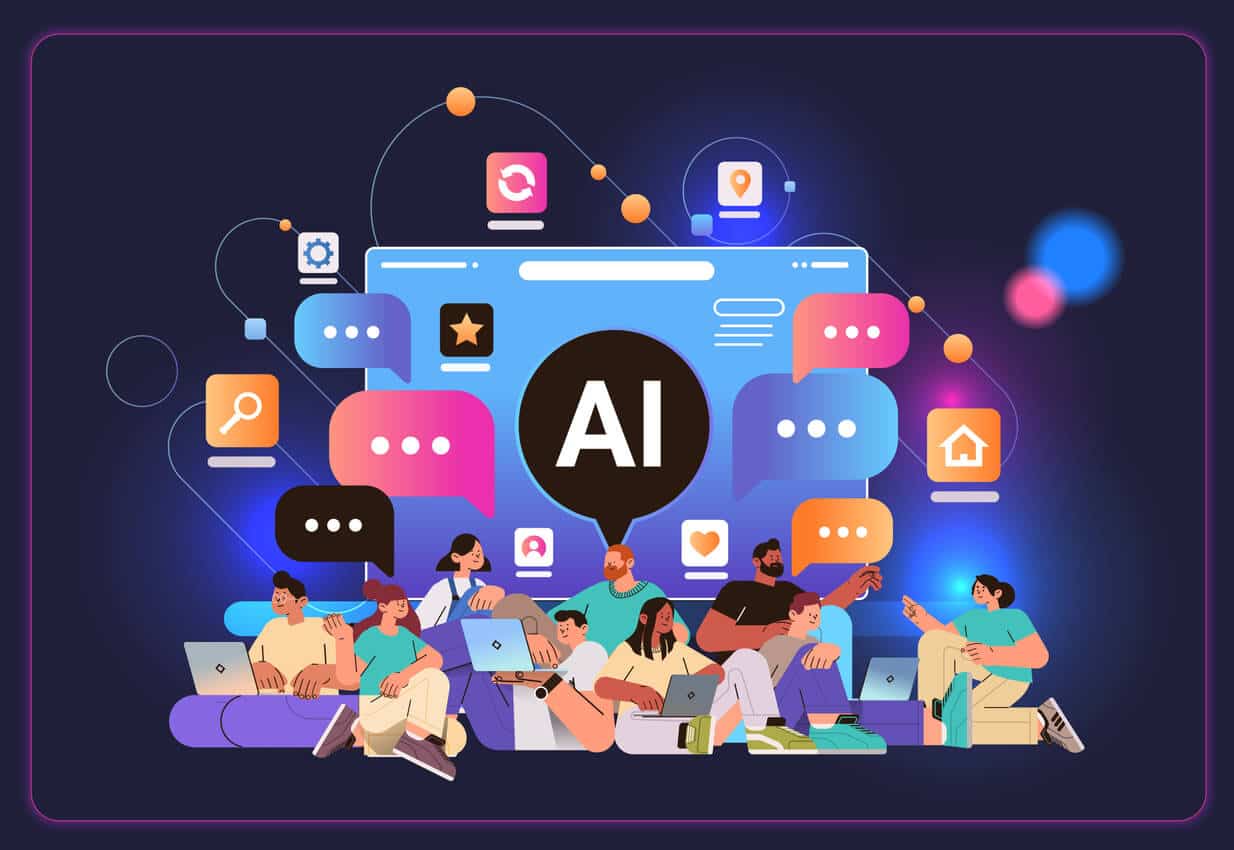Artificial Intelligence (AI) is revolutionizing the writing landscape, empowering authors, journalists, marketers, and content creators with tools that enhance creativity, speed up workflows, and open up new possibilities. Understanding the latest innovations in AI for writers helps in leveraging technology while preserving originality and authenticity.
How Is AI Transforming Writing?
AI in writing involves using machine learning algorithms and natural language processing (NLP) to assist in content generation, editing, research, translation, and storytelling. These tools are not just automating tasks—they’re enhancing the entire writing experience from idea to final draft.
Key Innovations in AI for Writers
AI-Powered Content Generation
Tools like ChatGPT, Jasper, and Copy.ai can generate high-quality content from short prompts. Writers can use these platforms to create blog posts, articles, social media captions, or even poetry and fiction. This innovation accelerates the ideation process and helps overcome writer’s block.
Smart Editing and Grammar Correction
AI-driven writing assistants like Grammarly and ProWritingAid go beyond spelling and grammar checks. They offer real-time suggestions on tone, clarity, engagement, and style. These tools help writers refine their voice while maintaining accuracy and consistency.
Personalized Writing Assistance
AI can adapt to an individual’s writing style and provide tailored recommendations. Whether you’re writing a novel or a business email, AI tools can match your tone, purpose, and audience, enhancing personalization and impact.
Language Translation and Localization
AI translation tools such as DeepL and Google Translate are becoming more context-aware and nuanced. They help writers translate content into multiple languages while preserving meaning, tone, and cultural relevance—making global communication more accessible.
Plot and Character Development
For fiction writers, AI can suggest plot twists, character arcs, and dialogue ideas. AI story generators like Sudowrite assist authors in developing compelling narratives by generating imaginative prompts and creative continuations.
Research and Fact-Checking
AI research assistants can summarize lengthy articles, extract key facts, and provide real-time insights. This saves time and ensures that writers are working with accurate, up-to-date information.
Voice and Script Writing
AI is increasingly used in screenwriting and voice-over script generation. It can help craft dialogues, screenplay formats, and adapt written content for different formats like podcasts, videos, or virtual assistants.
Considerations for Writers Using AI
While AI tools offer substantial benefits, writers must be mindful of how they use them:
- Maintain Creative Ownership: Use AI to support—not substitute—your unique perspective and storytelling voice.
- Verify AI-Generated Facts: Always cross-check information for accuracy and credibility.
- Avoid Overreliance: Overdependence on AI can dilute personal style and depth. Use it as a guide, not a crutch.
Conclusion
AI innovations are reshaping the future of writing, offering tools that make the process more efficient, inspired, and accessible. From content creation to editing and storytelling, writers now have an intelligent companion that enhances their capabilities. By combining the strengths of AI with the human touch of emotion, experience, and intuition, writers can craft stories that resonate and evolve in the digital age.







Leave feedback about this